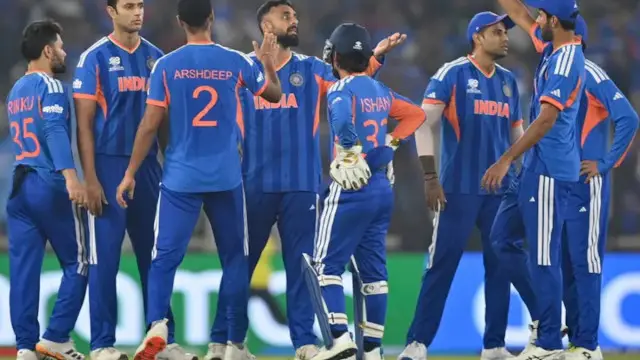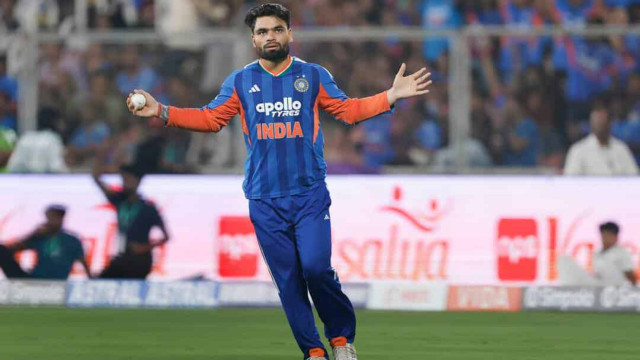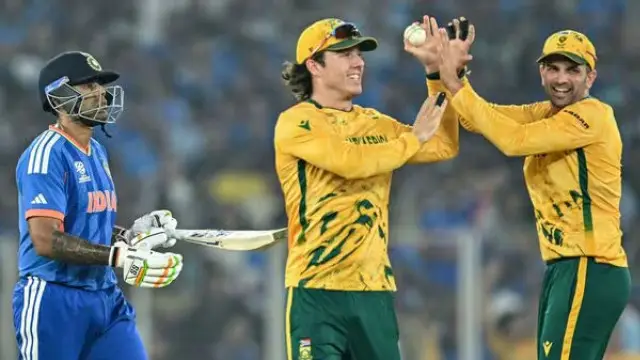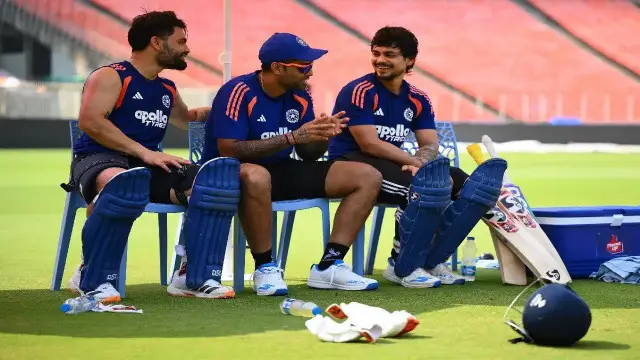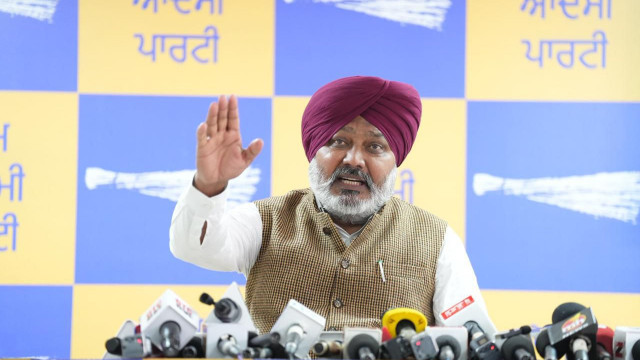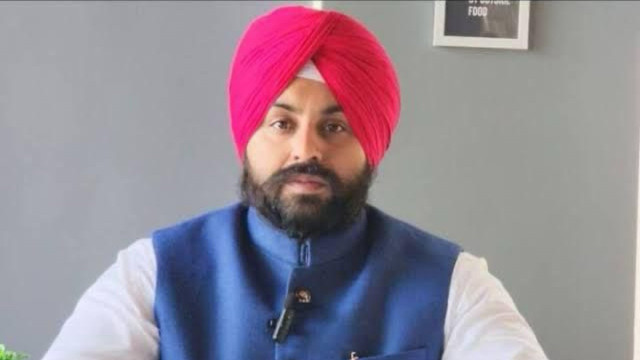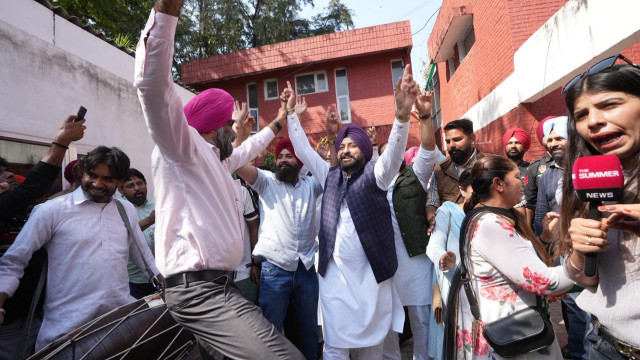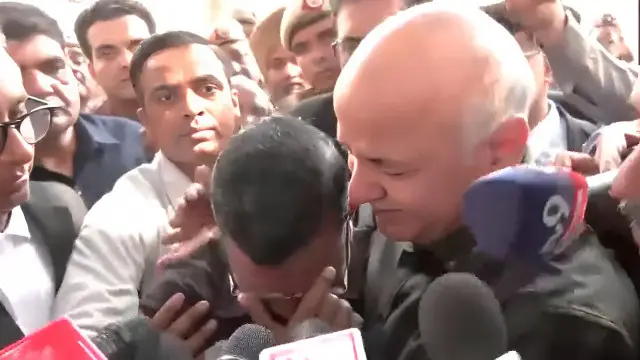West Indies Skipper Chase slammed Umpire's Controversial Decision
West Indies demanded harsh punishment for the umpires after a controversial decision during their match against Australia, which they lost by 159 runs. The team's captain expressed frustration, stating that the umpiring decisions were "blatant" and impacted the game's outcome.

Sports News: The captain of West Indies demanded penalties for the umpires after their controversial decision that made Australia beat the West Indies during the first Test at Kensington Oval, Bridgetown, Barbados. West Indies suffered defeat by 159 runs as Josh Hazlewood ran through the hosts on Day 3 with his five-wicket haul. Due to their loss, the captain demanded that the umpires must face the penalties for their wrong decisions, because such decisions affect the careers of cricketers.
A Promising Start but Later Led to Collapse
The match began with high hopes as West Indies bowled brilliantly, dismissing a strong Australian side for just 180 runs in the first innings, which made West Indies believe they may win this match. In response, West Indies managed to post 190, taking a narrow 10-run lead. But the momentum didn’t last. Australia attacked back in their second innings, making up 310 runs and setting West Indies a target of 301 for victory. The chase crumbled quickly, and the West Indies were all out on just 141.
5 Decisions, 4 Against West Indies
What really stirred emotions, though, was the umpiring. Third umpire Adrian Holdstock was at the center of the storm, with five decisions drawing criticism, four of which went against the West Indies. Each one, players and fans felt, chipped away at the team’s chances. One especially controversial moment came when skipper Roston Chase was given out LBW off Pat Cummins. Chase reviewed the decision, and Ultra Edge showed a spike as the ball passed close to his bat, suggesting contact. But the third umpire still upheld the out call, stunning many watching.
A Call for Fairness
Chase’s remarks have touched a nerve with fans and experts alike. Many praised his honesty, while others urged for more composure. But one thing is clear: players are demanding a level playing field, not just between teams, but between those on the field and those officiating.





